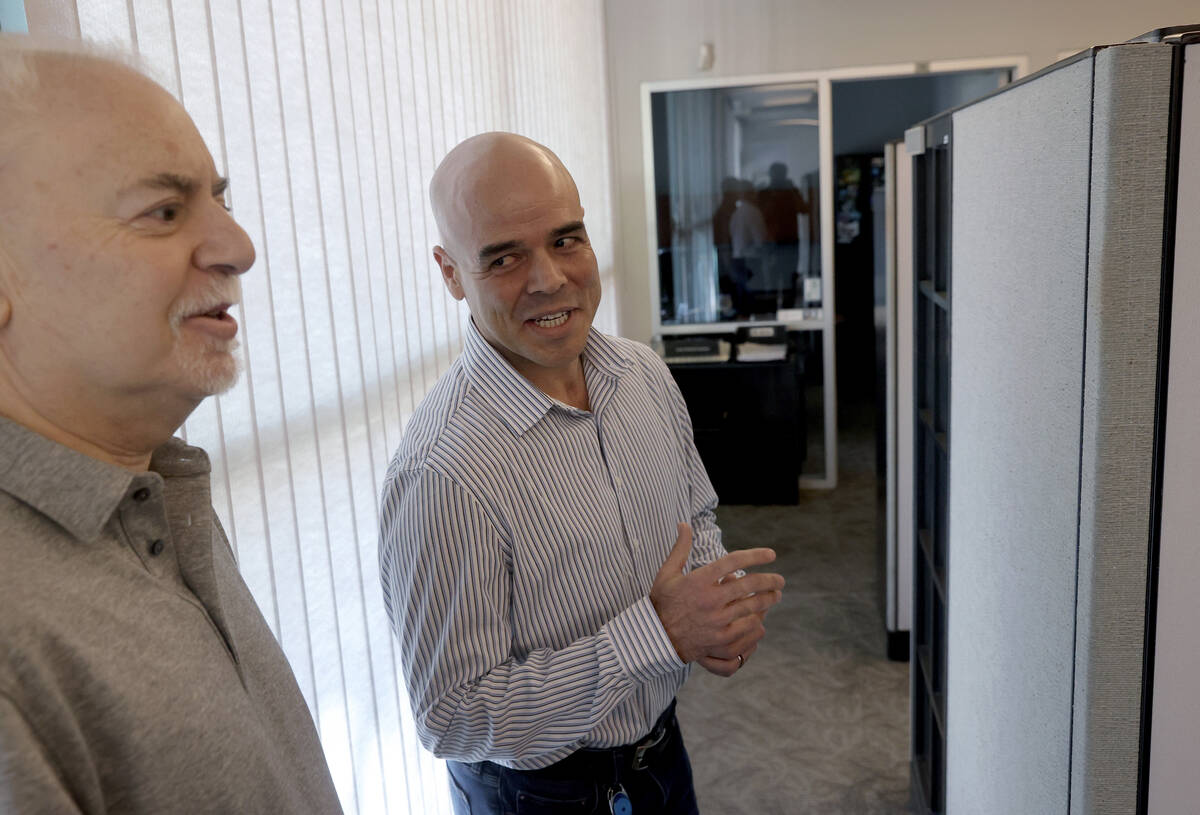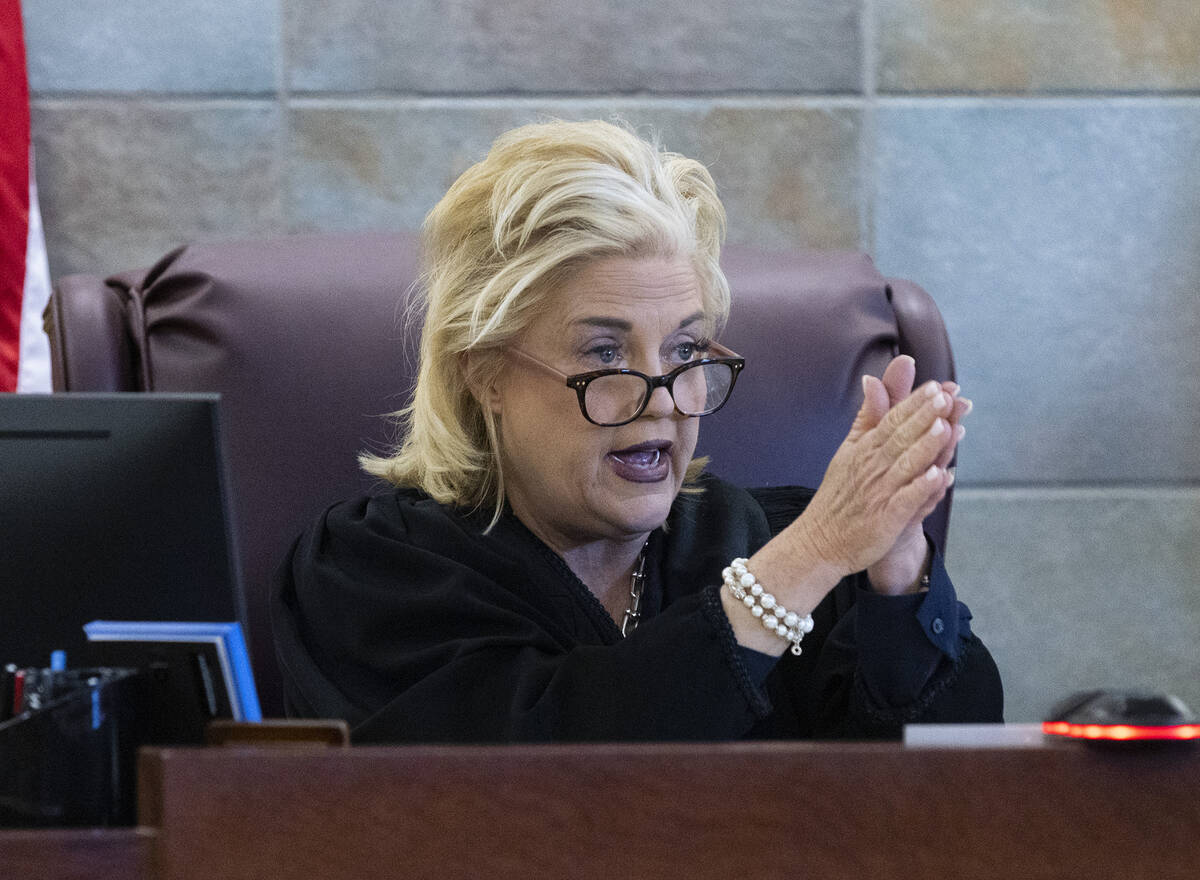RJ opposes draft order to allow search of slain reporter’s devices
The Las Vegas Review-Journal is objecting to a judge’s draft order to allow police and prosecutors to search the personal devices of slain investigate reporter Jeff German, arguing that the step would greatly damage journalism in the state.
Former Clark County Public Administrator Robert Telles is accused of fatally stabbing German outside the reporter’s home in September. Prosecutors have said Telles attacked German over articles he had written about Telles’ conduct as an elected official.
The Review-Journal has since been fighting to prevent officials from searching German’s personal devices, which were seized by police after his killing and may contain information about his confidential sources, including sources who may work for the Clark County district attorney’s office or the Metropolitan Police Department.
Appeals from Metro and the Review-Journal made it to the Nevada Supreme Court, which ordered the case back to District Court in March, so that the lower court could determine a protocol to search the devices.
On March 28, the Supreme Court ordered that a protocol should be decided within 60 days so the parties could then appeal the order to the high court.
On Friday, District Judge Michelle Leavitt sent a proposed protocol to search the devices, according to court documents filed by the newspaper on Monday. The drafted order called for the devices to be searched by two Metro detectives and the two prosecutors on the case, mimicking the most recent proposed order from Metro.
The Review-Journal had called for the devices to first be searched by third parties serving as hearing masters, who would determine which information is covered by search warrants issued in the investigation into German’s killing. The devices include German’s cellphone and personal computers.
The newspaper has argued that the information on German’s devices is protected by the First Amendment and Nevada’s shield law, which prohibits government officials from forcing journalists to disclosing work product or the identities of confidential sources.
Leavitt’s drafted order would allow a search of the devices that could “most easily lead to the very negative consequences the privileges are primarily designed to protect against,” according the newspaper’s Monday court filing.
“The Review-Journal has confidential sources within Metro and the District Attorney’s Office through Mr. German’s work, and those sources could easily face harsh consequences as a result of such a review,” the filing stated. “Moreover, if people know that this Court is willing to allow law enforcement to invade the press’s newsgathering privilege upon the murder of a reporter — violence that is, unfortunately, becoming more commonplace in the United States — they will cease serving as confidential sources to the press.”
Police and the district attorney’s office previously have demanded to review the information on German’s devices to preserve Telles’ constitutional rights and prevent him from raising the issue in a potential appeal. Telles, who is representing himself, has agreed to the Review-Journal’s proposed protocol for searching the devices.
Telles has pleaded not guilty to a murder charge and has claimed that what prosecutors have called “overwhelming evidence” against him was planted at his home.
The Review-Journal wrote in Monday’s filing that the newspaper is only willing to waive its privileges to the information on German’s devices if the protocol allows special hearing masters to search the devices.
The court’s drafted order calls for the detectives and prosecutors searching the devices to “take all necessary steps to preserve confidentiality,” and it bars them from discussing or distributing journalistic materials on the devices.
“Although the Court may try to rationalize its approach by pointing to the confidentiality requirement imposed by the Court’s proposal on the viewers of the material, it is not realistic to believe that, in tight-knit institutions such as Metro and the District Attorney’s Office, leaks will not occur.”
The next hearing in the case is scheduled for Wednesday afternoon.
Contact Katelyn Newberg at knewberg@reviewjournal.com or 702-383-0240. Follow @k_newberg on Twitter.
























